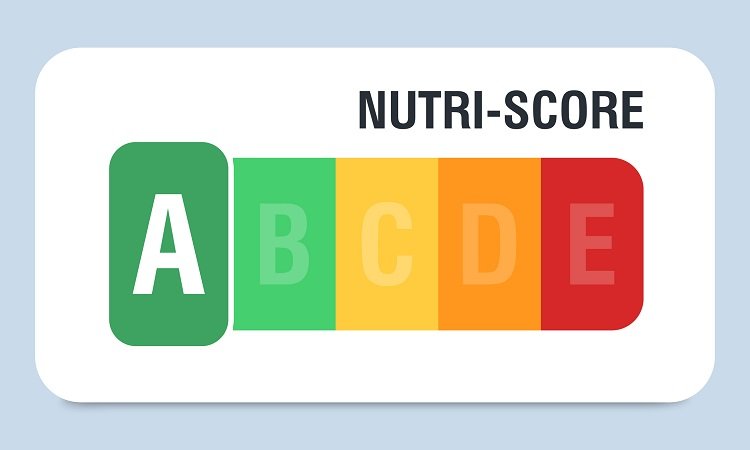Portugal has officially adopted Nutri-Score. To date, eight European countries have voluntarily adopted the system, including France, Belgium, Germany, Luxembourg, the Netherlands, Spain, Switzerland, and now Portugal.
According to the Portuguese government, many factors influenced the decision to adopt this particular nutrition labeling system. We have summarized them here.
1. Nutri-Score promotes healthier eating
First and foremost, Portugal has introduced Nutri-Score as a public health tool to promote healthy eating habits.
In Portugal, approximately 53% of the population suffers from obesity. Governments are taking aggressive action because obesity puts people at risk of type 2 diabetes, cardiovascular disease and other non-communicable diseases (NCDs).
Essentially, the government wants to make healthier eating decisions easier. Results from a French study suggest that Nutri-Score is effective in this way.
Simplified labeling systems are supported by the World Health Organization (WHO) as a means of preventing chronic diseases. Among the nutrition labeling schemes available, Nutri-Score is considered the most effective.
What is Nutri-Score and how does it work?
The nutrition labeling scheme Nutri-Score was developed in France in 2017. Its algorithm ranks foods from -15 for the “healthiest” product to +40 for the “unhealthiest” product. Based on this score, products are given a letter with a corresponding code ranging from dark green (A) to dark orange (E).
2. Portugal wants to limit the proliferation of nutrition labels
The European Commission has committed to publishing a harmonized and mandatory front-of-pack (FOP) nutrition labeling scheme. Beset by delays, the industry still doesn’t know which labels will be adopted across the EU.
In the absence of a mandatory nutrition labeling system, various simplified labeling systems have proliferated in Portugal. The government is concerned that these are making it “difficult” or “confusing” for consumers to make healthier choices. Additionally, some labels may encourage consumption of products that are less effective and less healthy than Nutri-Score.
Portugal believes that Nutri-Score shows “sufficient scientific robustness”, especially after algorithm updates. The labeling scheme is being rolled out in other European countries and has already been adopted by several operators, including FMCG giants Nestlé and Danone.
Nutri-Score algorithm update description
The Nutri-Score algorithm has been updated twice since its creation, once in 2022 and 2023 for food and beverage products, respectively.
In the latest version, nuts and seeds are no longer included in the ‘Fruits, vegetables and legumes’ component, but are included in the ‘fats, oils, nuts and seeds’ component. Other changes include strengthening the distinction between sweetened and unsweetened dairy products and different types of cheese.
An update to the beverage algorithm lowers the classification of beverages containing non-nutritive sweeteners, such as soft drinks. The only beverage that can achieve the highest NutriScore A score is currently water. All other beverages, including natural low-calorie beverages, fall between B and E.
3. Color coding for victory
Nutri-Score is described as a “graded scale” nutrition labeling scheme in that it gives scores on both a letter grading (A to E) and a color grading (dark green to dark orange).
The Portuguese government doubts that such a plan is suitable for its people. According to a study cited by Portugal’s National Program for the Promotion of Healthy Eating (PNPAS), 40% of respondents do not understand nutritional information on food labels. This difficulty was “considerably” greater for those with less education.
Research suggests that color-based nutrition labeling schemes can help people understand labels better.
Not everyone supports Nutri-Score, including Portugal’s meat sector
Nutri-Score is backed by many companies, including food giants (Nestlé, Danone, Kellogg), governments (France, Germany, the Netherlands, etc.), and even the United Nations’ International Agency for Research on Cancer (IARC).
But it didn’t appeal to everyone. Nutri-Score is outlawed in Romania, and manufacturers of so-called traditional foods continue to oppose labeling systems in Italy and Spain.
Opposition to the government’s decision has already been voiced in Portugal. The country’s meat association Associação Portuguesa de Industriais de Carnes told us that it disagreed with the decision.
Executive director Graça Mariano told FoodNavigator: “We are still in the analysis stage. We hope that there will not be many supporters.”

